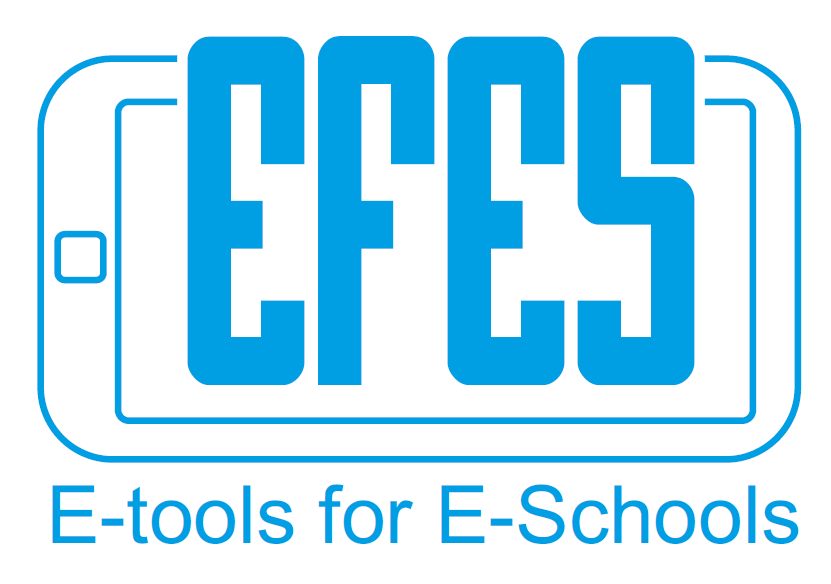About the project
This project aims at developing and piloting a Web TV and web-based LMS platform (Learning Management System) for primary and secondary school teachers in order to facilitate the use of information and communication technologies (ICT) in learning and teaching process. The main outcome will be a learning management system (LMS) - web-platform for e-learning activities, based on open source software and divided in different sectors and categories of users. The platform will offer a complete set of services (synchronous and asynchronous) and tools supporting blended learning. The main content will be structured as e-courses at different levels - basic skills and advanced skills. The platform is created to be “social” and it will interact with the social networks (facebook, twitter, you tube, vimea) in order to increase the number of participants and the level of their involvement. All users will be able to exchange presentations and materials with others on reciprocal bases.
Web TV with video tutorials will be developed alongside the platform. The Web TV will be an e-tool for training teachers how to use ICT in educational process and will combine the best seminar practices, target the existing needs, provide practical examples and templates, showing how teacher-pioneer apply ICT in their work, etc. Sample content – video tutorials, wiki spaces, e-tools gallery, data bases and so on. The Web TV will train teachers how to use the open source platform since most of them use ICT mainly to prepare their teaching, rather to work with students during lessons and afterwards.
These two intellectual outputs will be applied and tested in three piloting schools - one in Bulgaria, one in Italy, one in Greece. The schools are selected to have good digital provision but limited digital-supported teaching. The piloting stage will provide significant and contextual feedback from the direct target group in each country. The platform and the Web TV will be fine-tuned and improved afterworlds and will became more easily accessible and user-friendly.
This project is transnational because there is no sufficient expertise on digitally-supported teaching in neither one of the represented counties. On the other hand, the expected project outputs are not nationally limited and their application changes the whole concept of the teaching process as enclosed in the classroom, stimulate trans -school cooperation and teachers networks.
